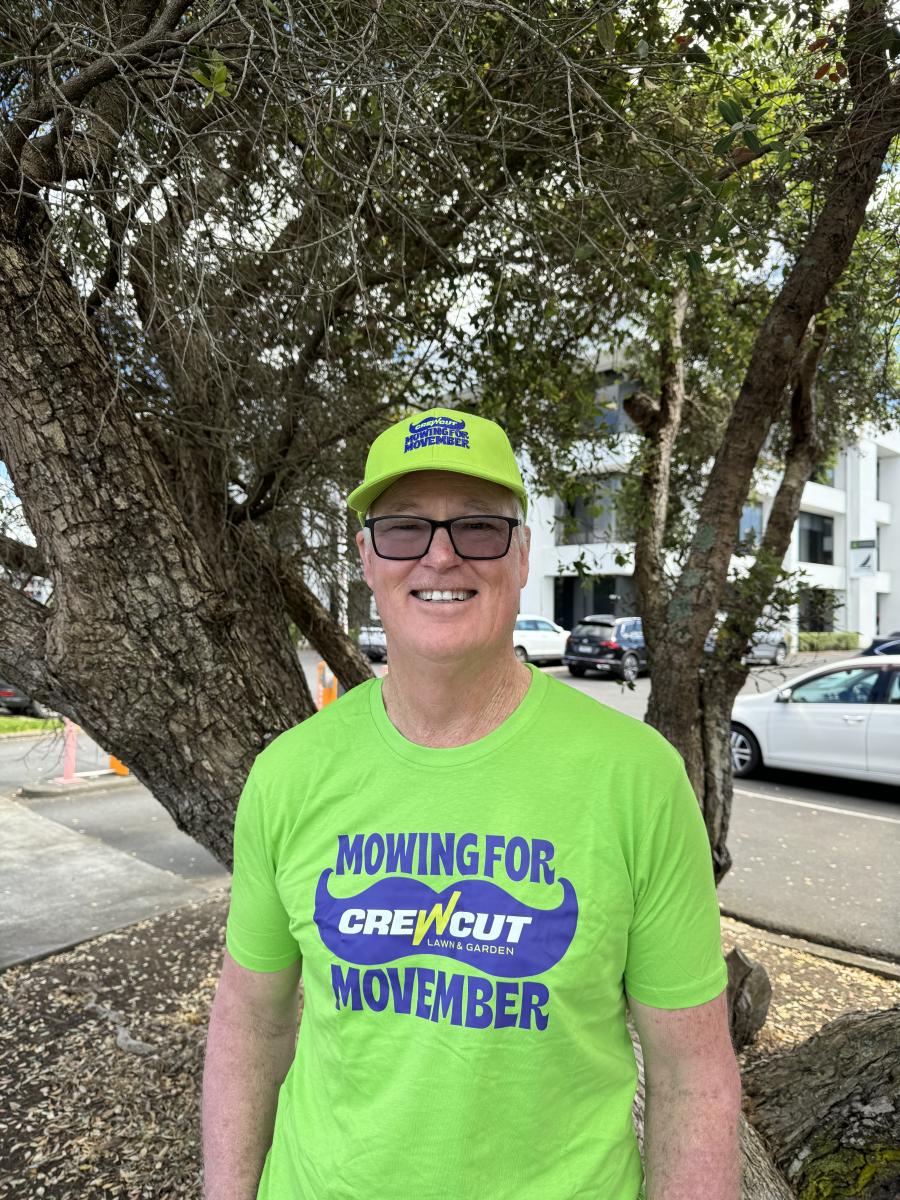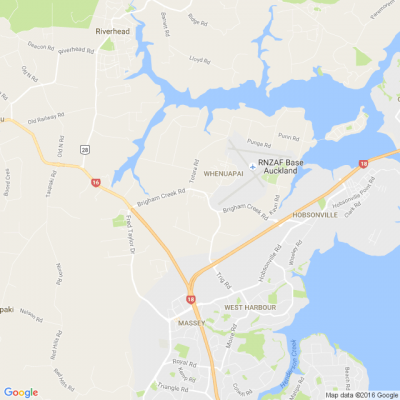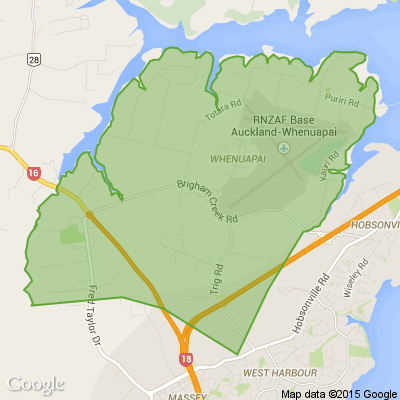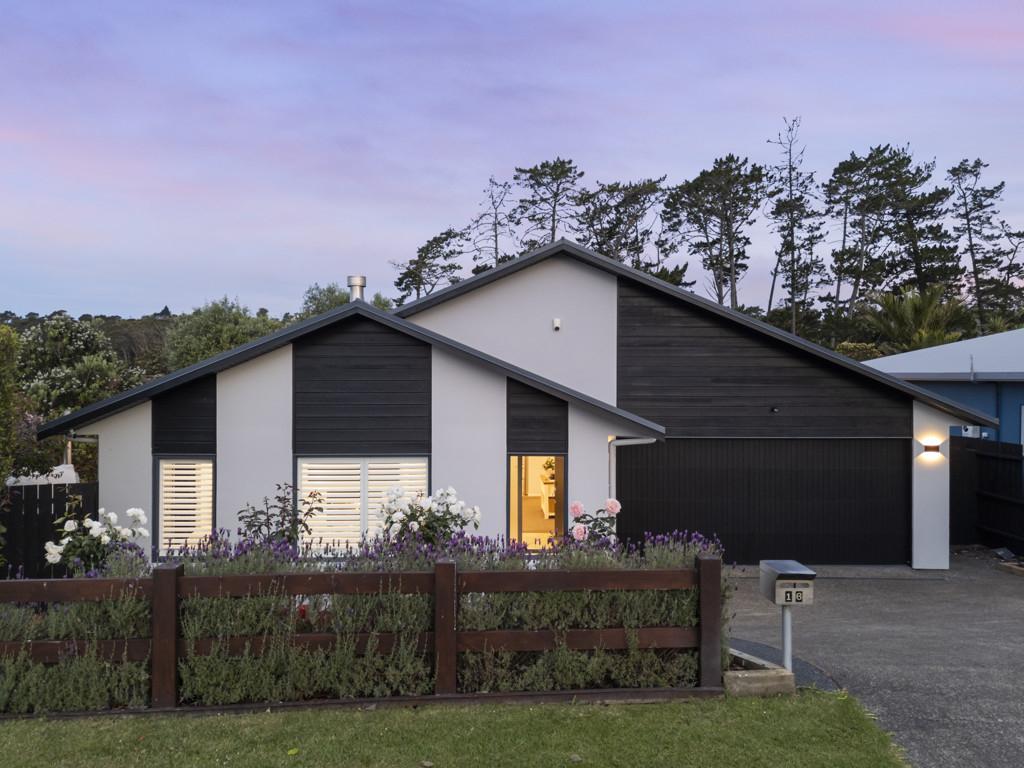Auckland man with stage four cancer in Relay For Life next weekend.
A man with stage four cancer is bracing himself to walk 18 hours in jandals to raise funds for "those suffering more than me".
Shane Callaghan from Te Atatu Peninsula takes on the annual Relay For Life fundraiser next weekend.
The self-described Melahomi Jandal Strutter said he will be doing things differently as the relay has been turned into an online event.
He will be walking non-stop for nine hours on November 21 at the Jack Lovelock track at Mt Roskill.
The following day will see him walking continuously for another nine hours at AUT Millenium Stadium in Albany.
With nothing but a carefully-chosen playlist that includes Suzy Cato's Sprinkle a Little Sunshine and – in true Kiwi style – three pairs of jandals, Callaghan is steeling himself for the walk.
The 55-year-old has invited people to join him for a few laps.
"You don't have to wear jandals. That's just how I flip flop. "
But he urged participants to be sun safe and, "slip, slop, slap."
Callaghan said he was blown away by the donations- so far he has raised $2,941.11.
"As so much has been donated on the page, I am doing this for all those who are going through cancer, ones we've lost (too many just recently) and the survivors," he said.
Callaghan was first diagnosed with melanoma in 2015, but in 2017, on his birthday, he was told the cancer had spread and that it was at a critical stage four.
Doctors discovered several tumours on his spine and put him on radiation treatment.
He said in March that the tumours had shrunk, but that had caused damage to his spine which means he can't ever run or make any sudden movements.
Sixty three New Zealanders are diagnosed with cancer every day.
The Cancer Society provides vital services and support to people affected by cancer, funds life-saving cancer research and does important work on cancer prevention.
Live Q&A: Garden maintenance with Crewcut
This Wednesday, we are having another Neighbourly Q&A session. This time with John Bracewell from Crewcut.
John Bracewell, former Black Caps coach turned Franchisee Development Manager and currently the face of Crewcut’s #Movember campaign, knows a thing or two about keeping the grass looking sharp—whether it’s on a cricket pitch or in your backyard!
As a seasoned Crewcut franchisee, John is excited to answer your lawn and gardening questions. After years of perfecting the greens on the field, he's ready to share tips on how to knock your garden out of the park. Let's just say he’s as passionate about lush lawns as he is about a good game of cricket!
John is happy to answer questions about lawn mowing, tree/hedge trimming, tidying your garden, ride on mowing, you name it! He'll be online on Wednesday, 27th of November to answer them all.
Share your question below now ⬇️

Tips on Choosing the Right Mattress Size for Quality Sleep Every Night
When it comes to getting a good night's sleep, the right mattress size plays a crucial role.
You might have heard myths about beds and frames and which size suits you.
Today, we're here to demystify these myths and provide a size-by-size comparison to help you find the perfect fit for your needs.
Finding the Perfect Fit
Selecting the right mattress size is akin to finding the perfect fit in a world of options.
Much like trying on clothes or shoes, your mattress size should cater to your individual needs and preferences.
Let's explore some key factors to consider when finding the perfect fit for your mattress:
1. Personal Preferences.
Consider your sleeping habits and personal space preferences.
Do you like to sprawl out or curl up?
Are you a solo sleeper, or do you share the bed with a partner, kids, or pets?
Understanding your personal preferences is essential in determining the ideal mattress size.
2. Bedroom Size.
Take the dimensions of your bedroom into account when choosing a mattress size.
A spacious bedroom can accommodate larger mattress sizes, whereas smaller bedrooms may require more compact options to ensure ample space for movement and furniture placement.
3. Sleeping Partners.
If you share the bed with a partner, consider their sleeping habits and space requirements.
A larger mattress size, such as a queen or king, provides ample space for both individuals to move comfortably without disturbing each other's sleep.
What Size Should You Get?
Let's break it down size by size:
Single Mattress (91cm x 188cm). Ideal for kids' rooms, guest rooms, or small bedrooms. A single mattress is also a good option for individuals who prefer sleeping alone and value space conservation.
Double Mattress (137cm x 188cm). Also known as a full-size mattress, this option offers more room to stretch out than a single mattress. It's suitable for couples who like to snuggle or for individuals who appreciate extra space.
Queen Mattress (153cm x 203cm). The queen mattress is one of the most popular choices for couples. It provides ample space for two people to sleep comfortably without feeling cramped. It's also a great option for individuals who enjoy sprawling out.
King Mattress (167cm x 203cm). The king mattress offers the most space out of all the standard sizes. It's perfect for couples who want plenty of room to move around or for families who like to co-sleep with young children or pets.
Choosing the Perfect Mattress Size for Your Sleep Needs
Mattress sizes can vary around the world, which can sometimes lead to confusion. In New Zealand, we follow standard sizes such as single, double, queen, and king.
However, it's essential to consider your personal preferences and the dimensions of your bedroom and furniture when choosing a mattress size.
Selecting the right mattress size is crucial for a good night's sleep.
By understanding the differences between single, double, queen, and king mattresses, you can make an informed decision that meets your needs and preferences.
At Beds4U, we're committed to helping you find the perfect mattress size.

Poll: Should all neighbours have to contribute to improvements?
An Auckland court has ruled a woman doesn’t have to contribute towards the cost of fixing a driveway she shares with 10 neighbours.
When thinking about fences, driveways or tree felling, for example, do you think all neighbours should have to pay if the improvements directly benefit them?

-
82.4% Yes
-
15.1% No
-
2.5% Other - I'll share below








 Loading…
Loading…


















